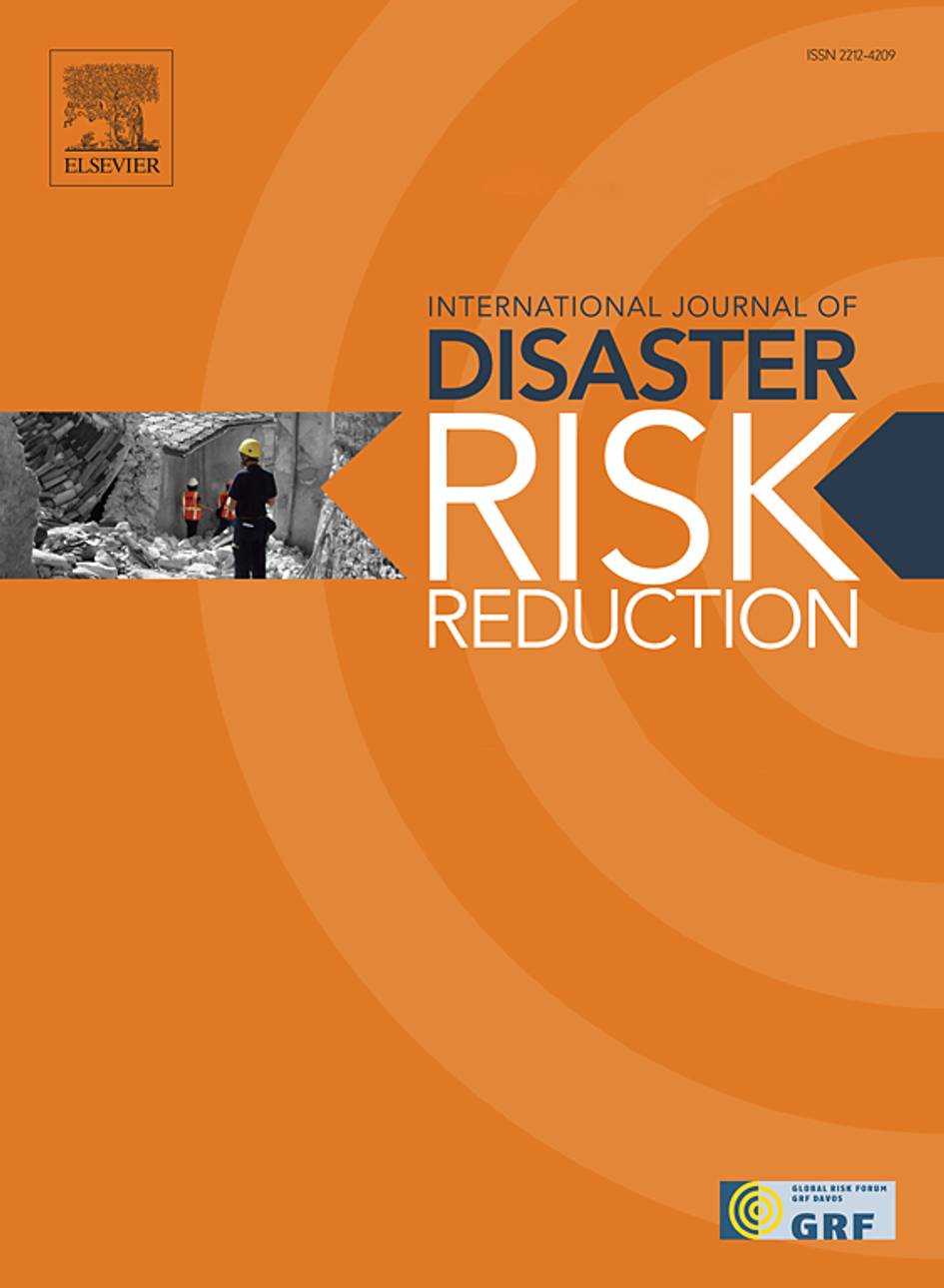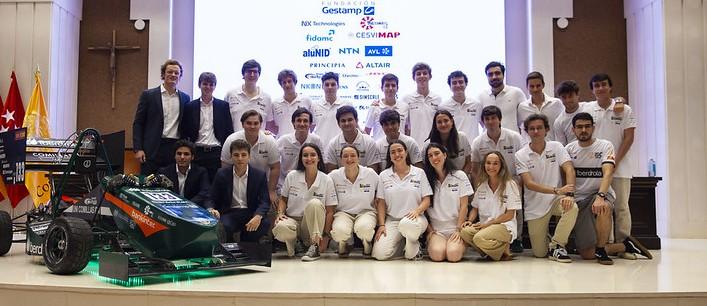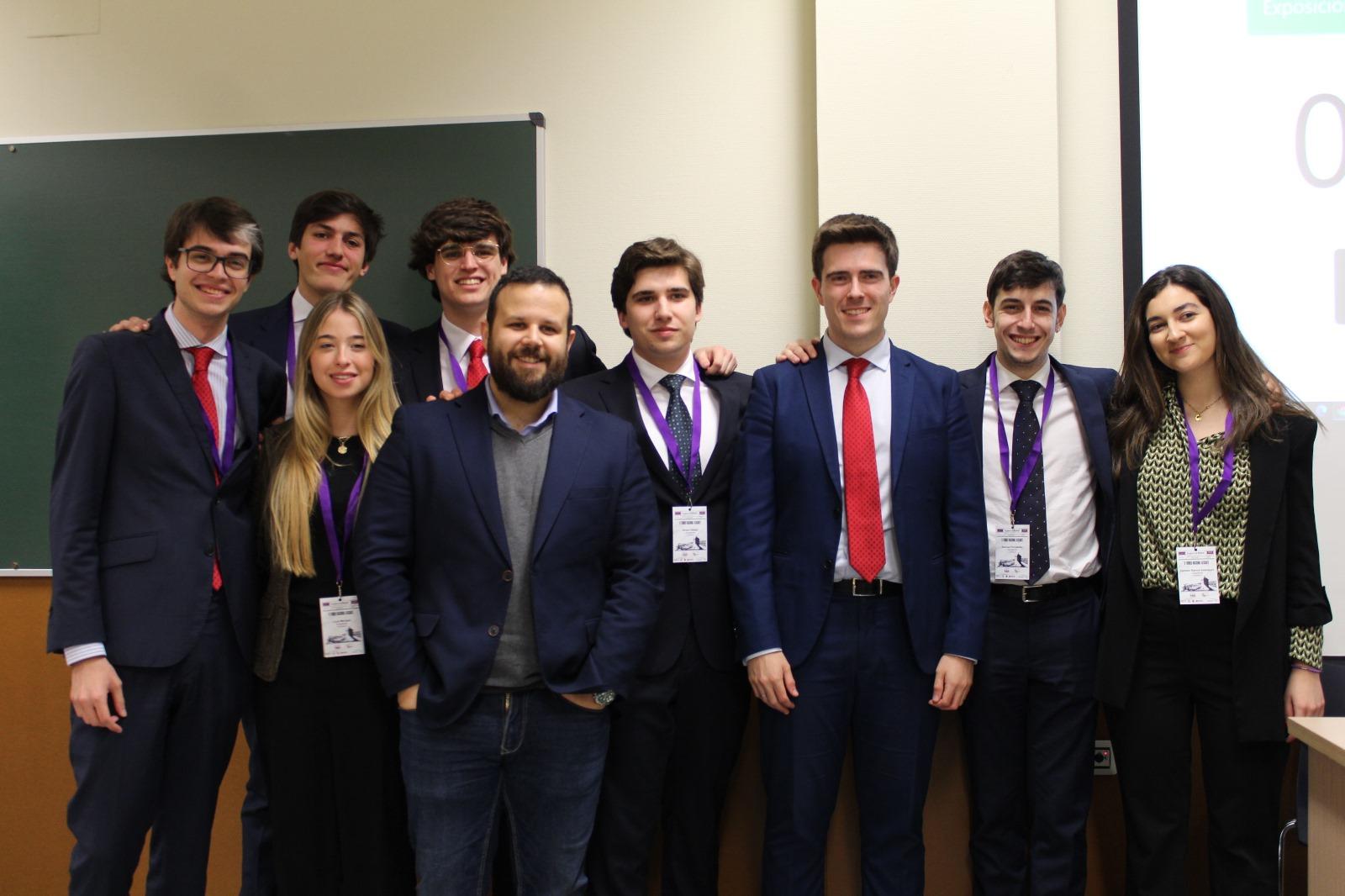Emotional arguments more effectively mobilise public action against existential threats.
Professor Ramón Ortega of the EUEF publishes in an international journal on the power of emotion in risk communication.

The "International Journal of Disaster Risk Reduction" has published the article "Comparing logical and emotional arguments for disaster mitigation", by Ramón Ortega Lozano, professor at the University School of Nursing and Physiotherapy San Juan de Dios Comiilas (EUEF), together with the researcher Aníbal M Astobiza from the University of Granada.
Ramón Ortega Lozano, lecturer in Bioethics and Health Psychology at the EUEF, has carried out research focused on understanding how important emotional and rational arguments are in motivating people to act in the face of serious threats, such as disasters or problems that put society at risk, such as climate change.
In this research, in which 118 people participated and which has been published in the International Journal of Disaster Risk Reduction, two types of arguments were used: some designed to arouse emotions and others to appeal to reason.
The results revealed that emotional messages are more effective than logical ones in motivating people to participate and take action to deal with hazards. It also highlights that, in communicating about serious risks, using more emotional arguments can be very useful in fostering society's commitment to mitigating these problems.
On the other hand, it also highlights that demographic characteristics such as gender or age influence how society responds. The study points out that older people tend to respond more similarly to both types of arguments, while younger people show more varied responses.
In conclusion, an effective strategy to communicate well about threats and motivate people to act is to use messages that connect emotionally, but the characteristics of the audience must also be considered to make campaigns more effective.

The new prototype will compete in Germany and Spain with innovations that reflect the talent, resilience and passion of the Comillas student body

With more than 500 participations and 45 awards, the club has consolidated its position as a benchmark in debate, public speaking and diplomacy at national and international level

Comillas hosted this day of interdisciplinary reflection for lecturers on contemporary ethical challenges
